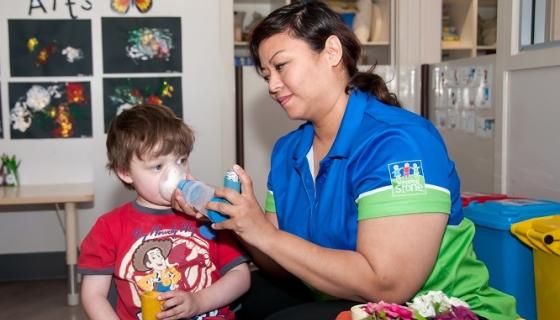
Three plans for children with health needs
Does your education and care service have up-to-date medical management plans for children with medical conditions? If so, that's great! But did you know that you also need risk-minimisation plans and communication plans to go with these?
All education and care services have a legal responsibility on this matter. They must comply with the Education and Care Services National Regulations.
In particular, services should see r. 168, which lists the policies that education and care services must have. Regulation 90 covers the requirement for a medical conditions policy.
Each child with a diagnosed health condition must have a medical management plan (also known as a health care plan). This might be a child with asthma, diabetes or a severe food allergy.
The plan must be completed by a medical practitioner and include a start and review date. It is vital that it’s kept up to date, as health needs may change over time.
You must also complete a risk-minimisation plan with the child’s family to ensure that risks relating to the child’s specific health care need are assessed and minimised.
So that staff members know how to manage the condition and reduce risk, and a child’s parent can communicate any changes about the medical management or risk-minimisation plan, a communication plan is also required.
Ensure your service has policies for dealing with children’s medical conditions. Review the policies regularly to ensure they are still suitable.
Out of school hours care services (OSHC) located at a school may want to work with the school. This is to ensure their policies and procedures are supportive of each other and meet their shared duty of care. Keep in mind that OSHC services have additional obligations in this area.
Three plans needed
Authorised officers from the Education Standards Board review children’s completed health care plans during assessment and rating or monitoring visits. This is to ensure compliance with r. 90 and the health and safety of children. Three plans are needed:
- medical management plan (health care plan)
- risk-minimisation plan
- communication plan.

